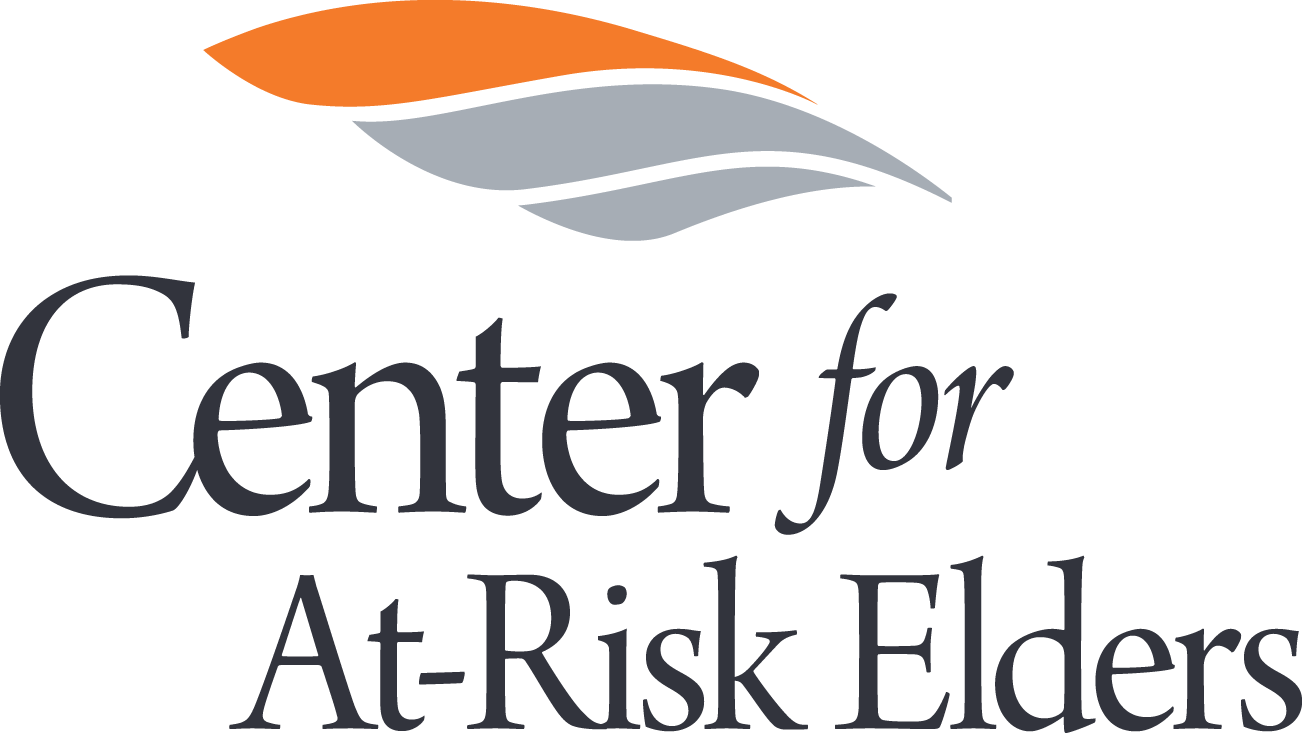Testimony Before the Senate Family and Children Services Committee on Senate Bill 396 regarding Guardian Reimbursement and Medicaid Eligibility
January 23, 2017
Thank you Chairman Grooms and members of the Family and Children Services Committee for allowing me to indicate the Center for At-Risk Elders’ strong support of Senate Bill 396.
My name is H. Kennard Bennett and I am the Executive Director and Senior Counsel for the Center for At-Risk Elders, Inc., (CARE) a non-profit public interest law firm. Currently CARE serves as guardian for approximately 140 indigent, incapacitated individuals residing in Central Indiana. Our nonprofit receives referrals from three hospital chains that help fund our work through subscription grant agreements. In addition, we also receive referrals from Marion County Adult Protective Services (APS) that are funded through a VASIA grant from the Adult Guardianship Office of the Indiana Supreme Court.
On average, we become guardian for about two new incapacitated individuals each week.
When incapacitated individuals do not have suitable family members to serve as guardian, then who does serve? Indiana does not have a “public guardianship” program where the State provides guardianship services to those in need of a guardian. Indiana has instead focused on the development of volunteer guardianship programs referred to as “VASIA” programs pursuant to IC 29-3-8.5 to help meet that need. CARE is recognized by the Marion County Probate Court as a VASIA program.
The role of a guardian is often misunderstood. The task involves identifying what care services are necessary for the incapacitated person, managing the incapacitated person’s finances in a fiduciary manner, applying for appropriate public benefits to ensure that their care needs can be met, monitoring the quality of care and services, and advocating for a quality of life in the least restrictive environment. Serving as a guardian is hard work if the job is to be done well. I encourage members to review the Standards of Practice and Model Code of Ethics developed by the National Guardianship Association to best understand the role and expectations of guardians.
Currently under Indiana law, any guardian for a Medicaid nursing home resident is only allowed to be paid $35/mo. for their services as guardian. ICES Manual §3455.15.10. This is simply not enough if we expect guardians to be effective advocates for their wards. We commend Senator Koch for recognizing this and proposing legislation that will enable courts to authorize up to $175/mo. in guardianship fees.
Empirical studies have shown that access to trained guardians tends to decrease the overall costs to the medical system (and therefore to Medicare and Medicaid) by ensuring preventative care and services are provided, as well as improving compliance with post-acute discharge orders, thus decreasing unnecessary readmissions.
Passage of Senate Bill No. 396 would:
Greatly expand access to guardianship services for Indiana’s incapacitated adults in need.
Reasonably compensate guardians for the hard work being performed.
Improve the quality of guardianship services in Indiana by encouraging greater professionalism by both family guardians, private professional guardians, and VASIA programs alike.
Help to reduce the overall costs to Indiana’s Medicaid program.
We strongly encourage passage of Senate Bill No. 396.
